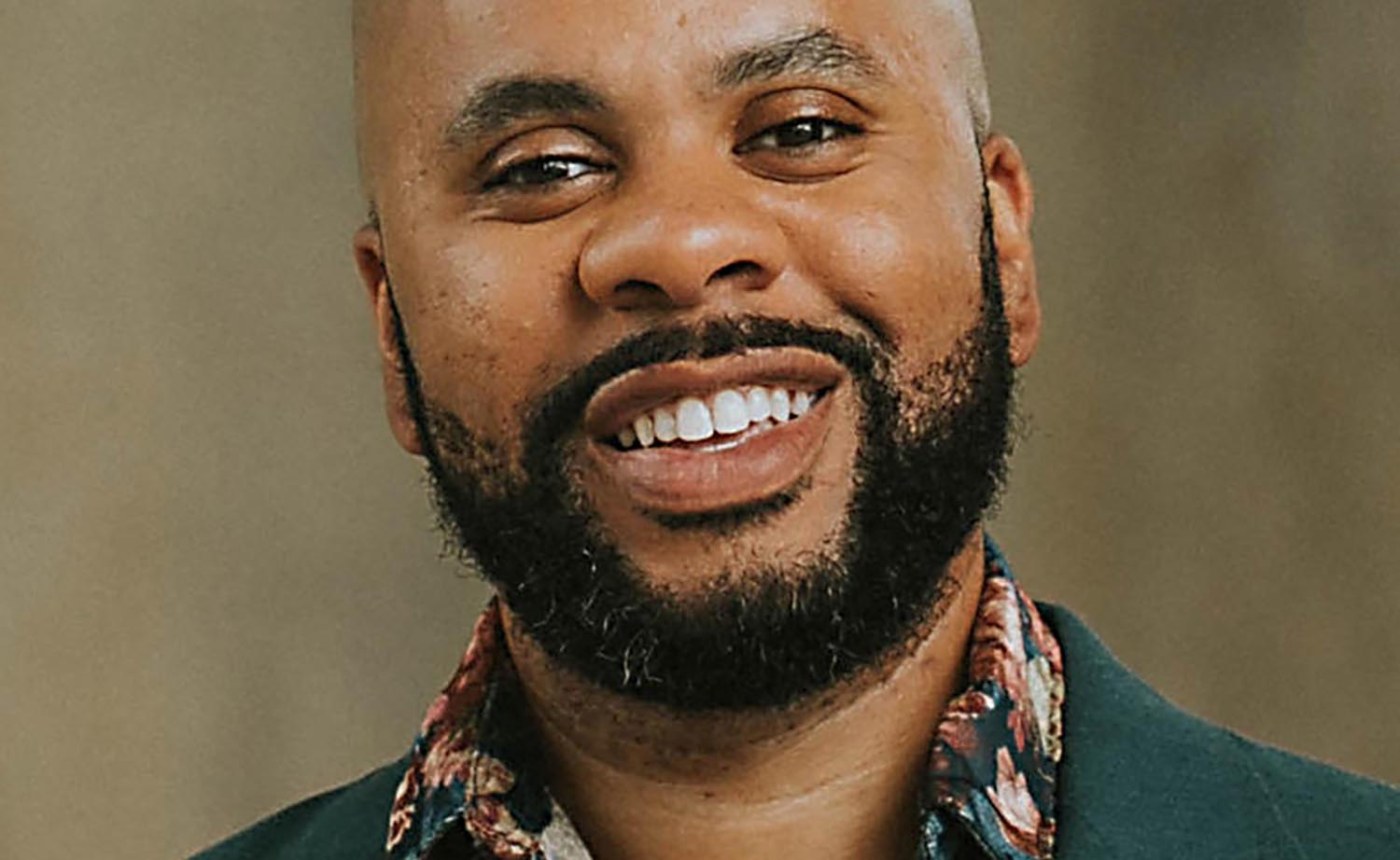**Dear Eric:**
My husband and I celebrated our 30th anniversary this past spring. He has many wonderful qualities, but he’s also a “lone wolf” who very rarely asks for my input or help.
A few months before he retired, I discovered he’d gone on a hike with a young, pretty co-worker. Many years before, he’d had a two-year affair with another co-worker. It was a devastating experience for me.
After this latest instance, we both started going to individual therapists. We seemed to be moving toward a healthier situation when I caught him “day drinking.” He admitted he had a drinking problem and started going to a harm-reduction program. We also started couples’ therapy.
Then I discovered that he’d opened a new bank account and bought crypto without discussing it with me. I’m thinking I need to separate from him for a time.
I don’t know how to break through to him, to make him understand that his inability to discuss things with me, to share his thoughts and desires with me, is destroying my trust in him.
Is our relationship worth salvaging?
— Left in the Dark
—
**Dear Left in the Dark:**
I don’t say this lightly, but sometimes separation is an act of salvaging.
First, think about finances. He, by this account, is acting irresponsibly and not telling you about indiscretions and major decisions. It would be wise to talk to your financial adviser or an attorney about separating your finances, at least temporarily.
Talk to him about what his goals are in individual therapy and what your shared goals are in couples therapy. It’s possible that he’s as unclear on his motivations as you are. Unraveling that is a good place to start for him. That may not be work you can do together.
You need to be able to trust the person that you’re with. When broken, trust can be restored, but it takes intention, amends, and change—both internal and external.
While he’s doing his work, you may find that being in a different space from him helps you to do the healing you need to do, helps you feel safer, and potentially makes way for reconciliation.
—
**Dear Eric:**
I wanted to respond to the letter from the father who found out his children did not share his DNA (“Sad Dad”).
I am a daughter who discovered after my parents were dead that my father was not my DNA donor. The father, and your answer, were spot on. I went through a period of feeling unmoored after I found out.
I always knew my mother was adopted and had no blood relatives save her maternal side, and now it turned out my father’s blood relatives weren’t my blood relatives either.
But after a while—and granted, I am an old woman who has been through a lot—my feelings calmed down. I was blessed to have the most wonderful father no DNA donor could have been better.
(I was a little upset at my mom, but she and I will take that up in Heaven.)
So, please tell the writer from me to take deep breaths and ride out this storm of emotions. It sounds like there are good relations on the other side.
— Grateful Daughter
—
**Dear Daughter:**
I heard from many people who made similar discoveries about their families of origin, and every one reflected the same sentiment: a gratitude for the parent who was there. I hope the letter writer takes this to heart.
I also received letters from parents who discovered they weren’t the biological parents of the children they raised and loved.
Some of those letters wisely suggested that “Sad Dad” also process his feelings with a counselor trained in family therapy. There are a lot of complicated emotions, and they deserve to be heard, and in some cases healed, so that the family bonds don’t suffer.
—
**Dear Eric:**
What on earth can I do with a noisy 90-year-old neighbor?
I live in an apartment, and she is banging cupboard doors, pots, and pans at 11 at night. I go to sleep at 10. It’s very aggravating.
How can I confront her without making an enemy?
— Sleepless Neighbor
—
**Dear Neighbor:**
A request or even a “Did you know that I can hear this?” is not a confrontation.
So, start with a conversation during the day. For example: “Sometimes I have trouble sleeping because the noise from your apartment bleeds through mine. Would you mind being a little quieter when cooking after 10 p.m.?”
She may not be aware of how much noise she’s making. One person’s banging pots and pans is another person’s “just making a cup of soup.” So, knock and ask.
If she decides that this makes you an enemy, that’s on her. No matter the outcome of the conversation, invest in some earplugs.
—
Send questions to R. Eric Thomas at eric@askingericletter or rericthomas.com.
https://www.orlandosentinel.com/2025/11/02/asking-eric-thomas-dont-trust-husband/



